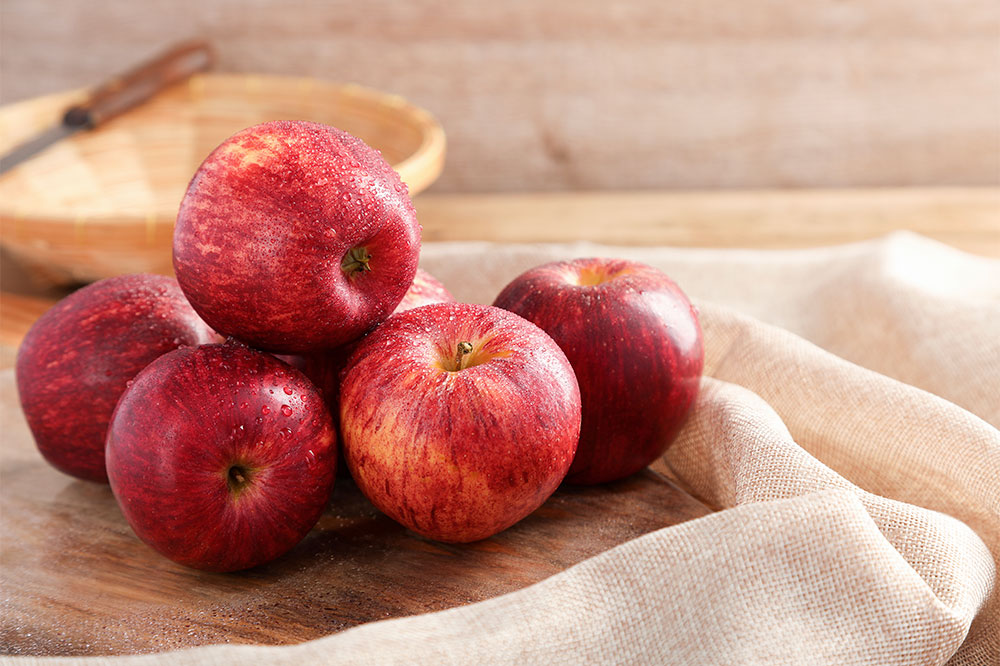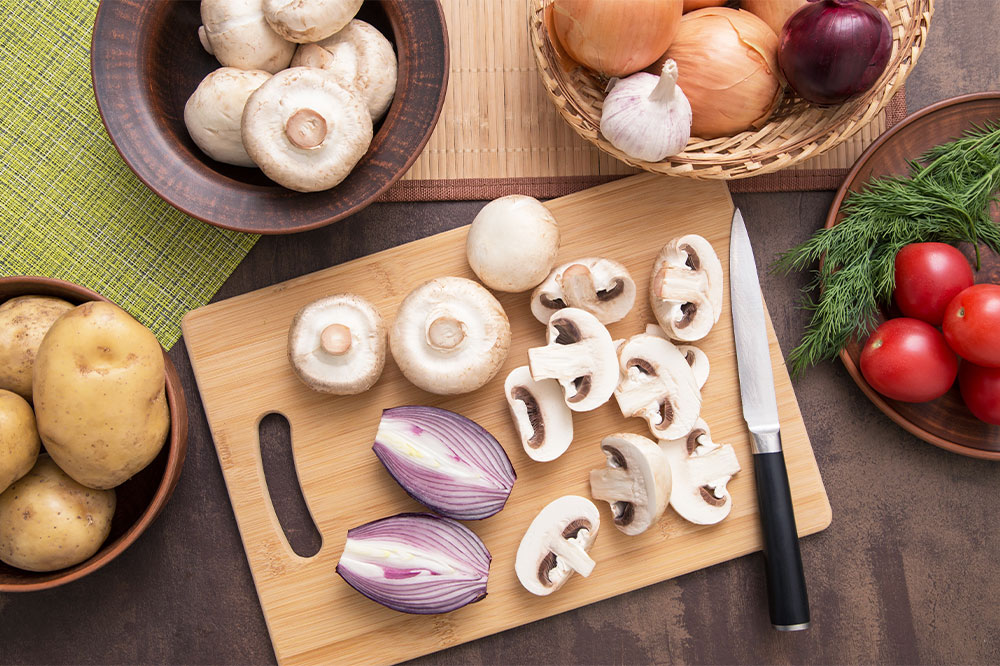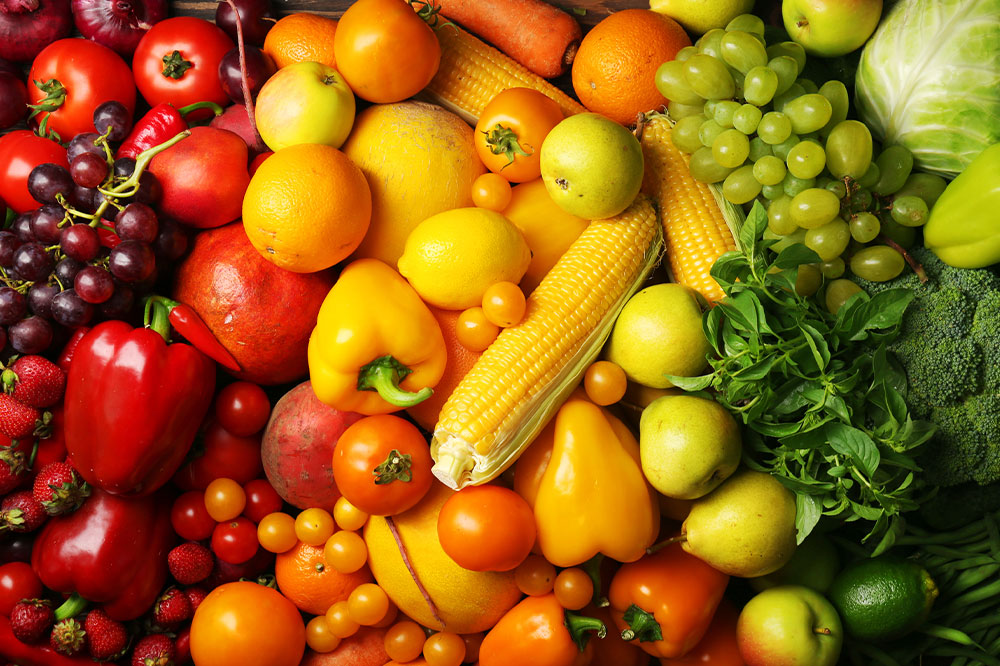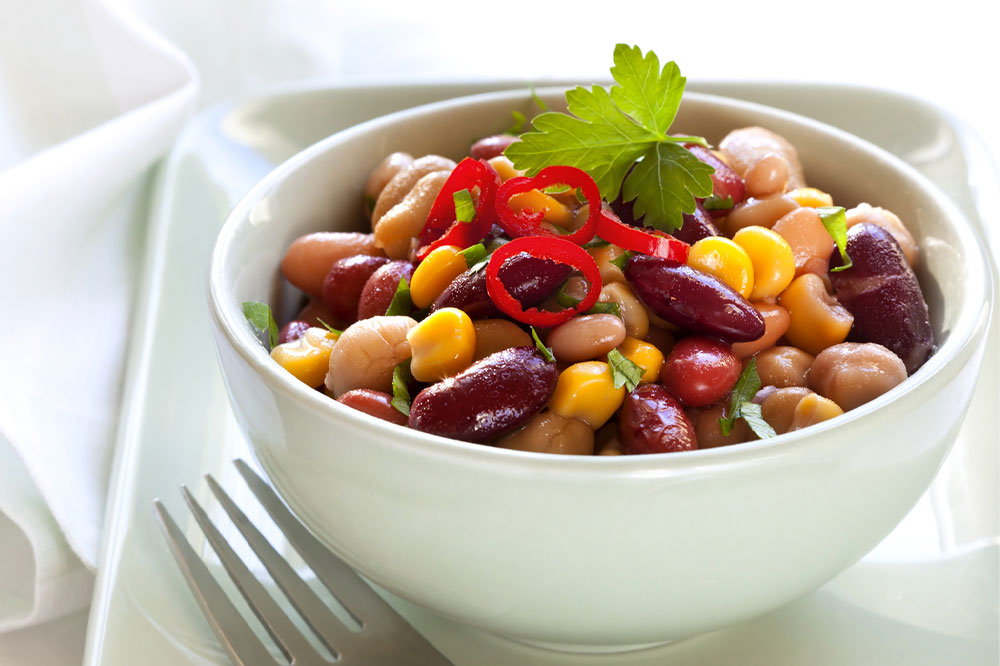3 fruit intake tips for people with diabetes

Fruits are an important source of nutrients that humans need. Having these natural desserts is a delicious way of satisfying sudden bouts of hunger, which is a common symptom that people with diabetes experience. However, fruits may contain carbs and sugar. So, can diabetes patients have them to satisfy their sweet cravings and nutritional needs? While they can add certain fruits to their nutritional regimen, here are some tips that people with diabetes should follow:
Choose the right fruits
Adding fruits to one’s meals when affected by diabetes requires caution, as one has to avoid foods that can negatively affect their blood sugar levels. Nevertheless, one must try to opt for fresh fruits. Alternatively, people can choose frozen fruits or those packed in their juice. However, processed fruits in cans and jars should be avoided as they can come with added sugars, which can raise the glucose levels in diabetes patients. One should check the food labels to avoid buying food products with added sugar. Sugar can be added to a product in different forms, including cane sugar, corn sweetener, invert sugar, high fructose corn syrup, and dextran. Here are some of the safest and healthiest fruit choices for people with the condition:







